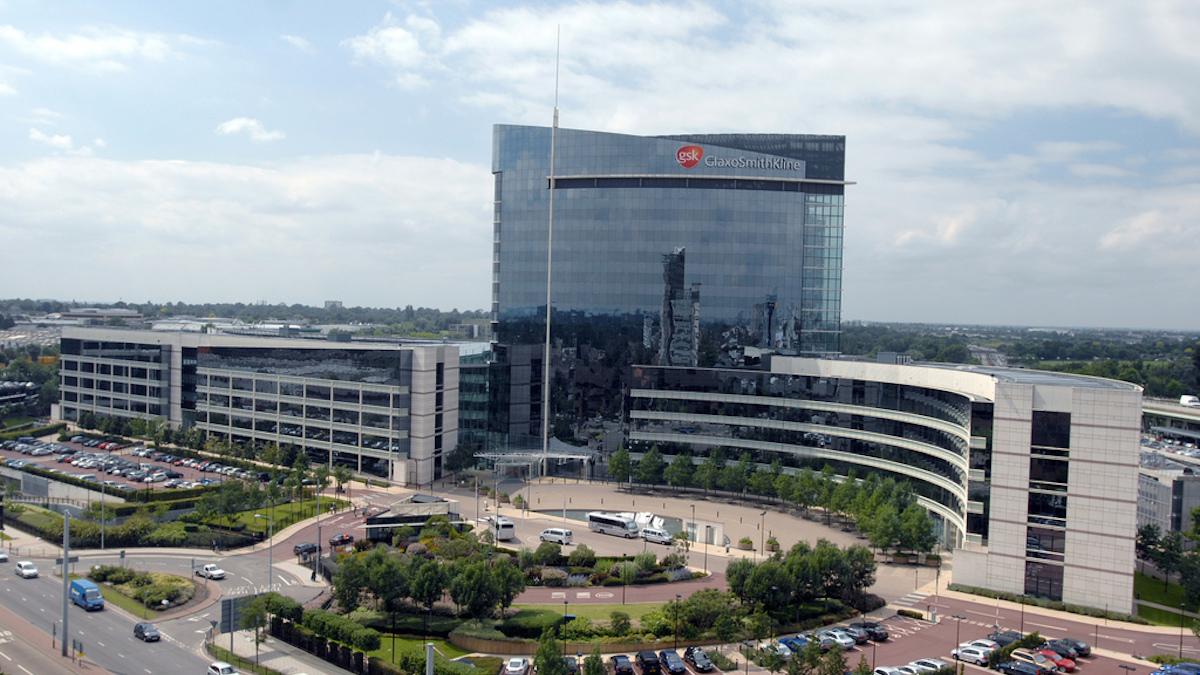EMA starts review of GSK’s Jemperli in endometrial cancer

GSK has moved a step closer to approval of its cancer immunotherapy Jemperli as a first-line treatment for endometrial cancer in the EU.
The EMA has started its review of the PD-1 inhibitor in combination with chemotherapy for treating mismatch repair deficient (dMMR)/microsatellite instability-high (MSI-H) primary advanced or recurrent endometrial cancer in previously-untreated patients, setting up a decision around the end of the year or in early 2024.
The filing is based on the first part of GSK’s RUBY trial of Jemperli (dostarlimab), which showed that the combination reduced the risk of disease progression or death by 72% after two years' follow-up compared to chemo plus placebo.
The company said it is also planning to submit a marketing application for Jemperli in this indication to the US FDA in the next few weeks.
GSK is in a race with Merck & Co to get a PD-1 inhibitor approved for front-line endometrial cancer treatment – and is slightly ahead – although Merck has already reported data from its pivotal NRG-GY018 study of Keytruda (pembrolizumab), which showed a similar 70% reduction in a dMMR population after a year’s follow-up.
Both Keytruda and Jemperli already have approvals as monotherapies in second-line or later endometrial cancer settings, but approval in the first-line setting would unlock a larger eligible patient population.
GSK’s drug was cleared by the FDA for use in advanced endometrial cancer with dMMR mutations in 2021, and the company has said it plans to file Jemperli for first-line use in the first half of this year. Last year, the drug made £21 million ($26 million) from use in that indication and as a treatment for dMMR-positive recurrent or advanced solid tumours with no alternative treatment options.
$21 billion mega-blockbuster Keytruda, meanwhile, was approved by the FDA for relapsed endometrial cancer patients with MSI-H or dMMR mutations last year, and has also been greenlit in a combination regimen alongside Eisai’s Lenvima (lenvatinib) in previously-treated endometrial cancer without dMMR mutations.
“New treatment options are urgently needed for patients with primary advanced or recurrent endometrial cancer,” said GSK’s global head of oncology development Hesham Abdullah.
“With this initial filing, we are accelerating the submission of a potential new indication for dostarlimab in the patient population that demonstrated the strongest treatment effect in the RUBY phase 3 trial,” he added.
Another area where GSK could carve out a niche for its drug is in the second part of the RUBY trial, which is looking at Jemperli plus chemotherapy followed by Jemperli plus GSK’s PARP inhibitor Zejula (niraparib), versus chemo plus placebo followed by placebo.












